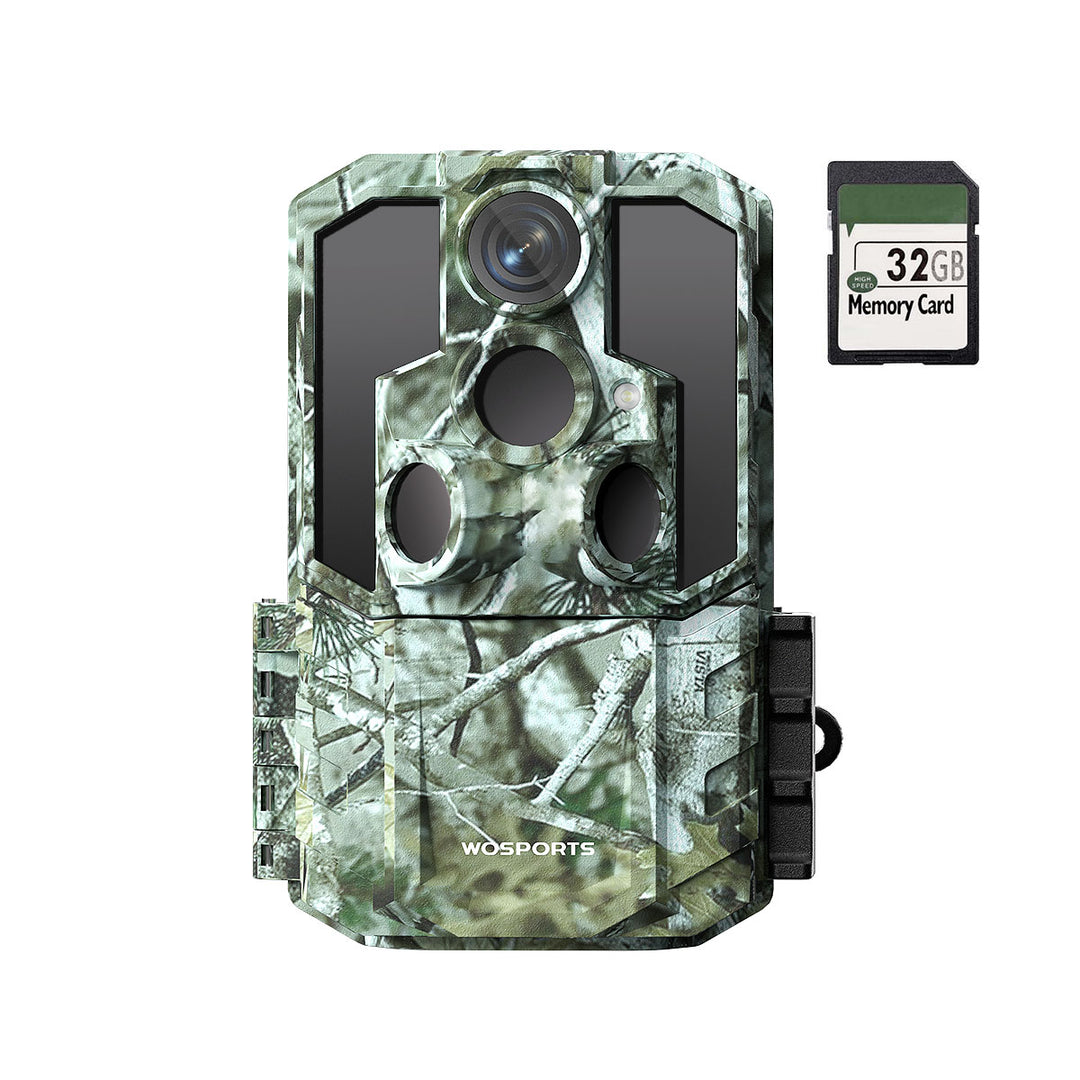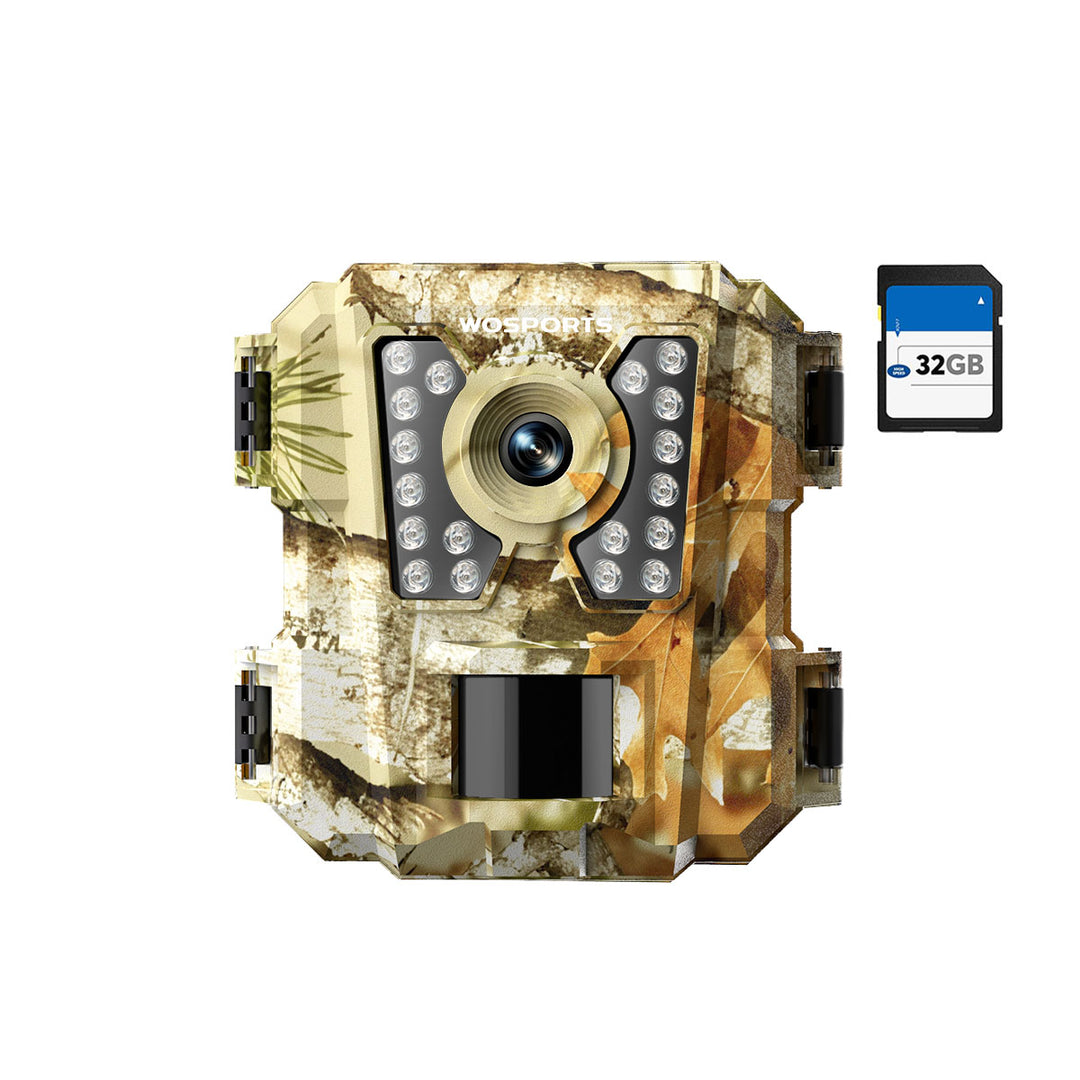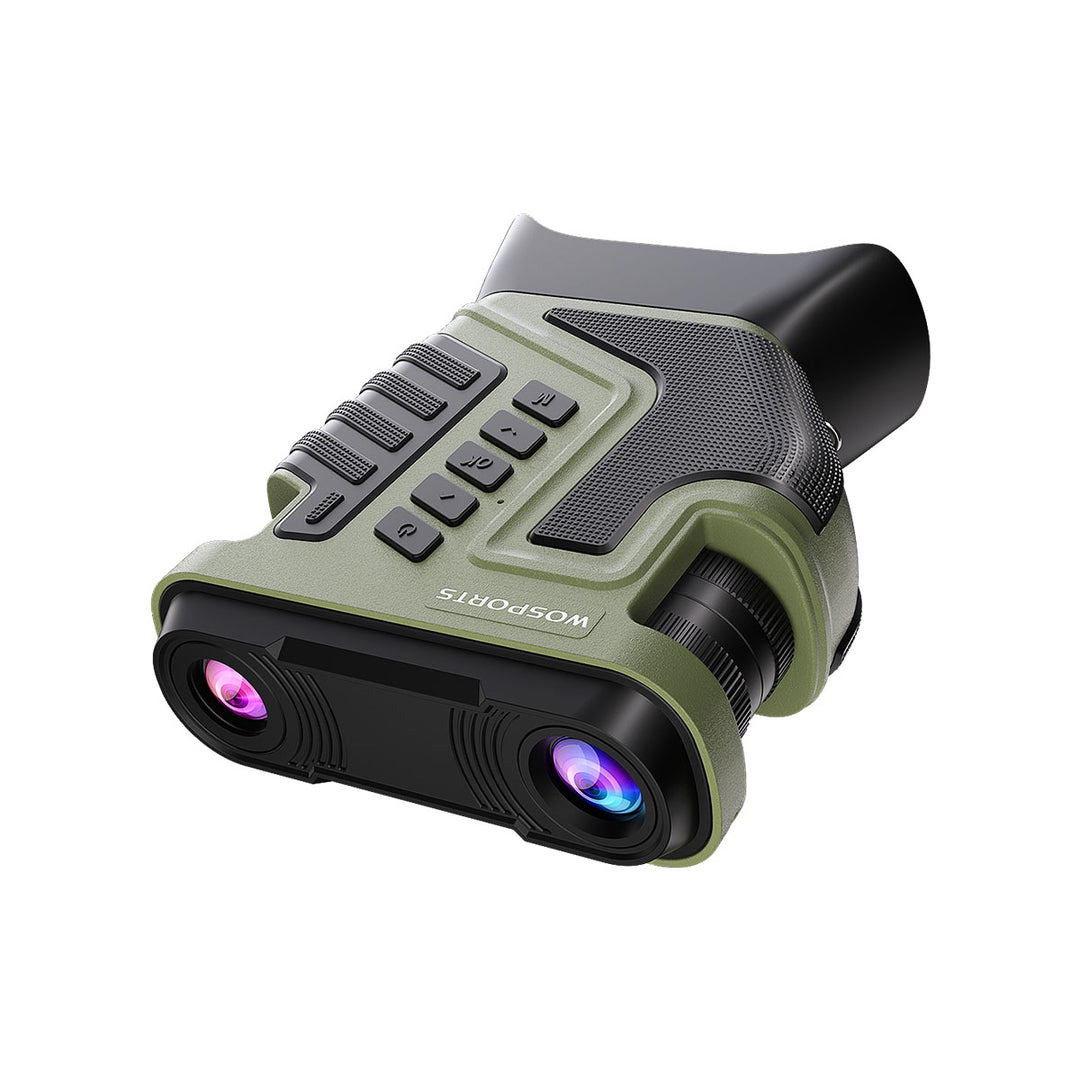13 Best Golf Tips for Beginners: Improve Your Game Step by Step
Golf is an exciting yet challenging sport that requires patience, practice, and the right techniques. For beginners, learning the fundamentals is crucial to building confidence and improving performance. Whether you're just starting or looking to refine your skills, these 13 essential golf tips will help you develop a solid foundation and enjoy the game to the fullest.
1. Learn the Rules of Golf
Understanding basic golf rules will prevent unnecessary penalties and improve your confidence on the course. Some key rules to remember include:
- Play the ball as it lies.
- Know when to take a penalty stroke.
- Understand out-of-bounds and hazard rules.
- Learn the lost ball rules.

Common Terms Every Beginner Must Know
Backspin: Reverse spin that increases carry distance.
- MOI (Moment of Inertia): A clubhead’s resistance to twisting; higher MOI = more forgiveness.
- Lie Angle: The angle between the club shaft and ground; affects ball direction.
- Draw vs. Fade: Controlled left-curving (draw) or right-curving (fade) shots.
- Smash Factor: Ball speed divided by clubhead speed; ideal ≥1.45.
2. Take Beginner-Friendly Golf Lessons
Investing in golf lessons for beginners can accelerate your learning process. A professional instructor can identify mistakes, teach proper techniques, and provide personalized drills to help you progress faster.

3. Choose the Right Golf Equipment
One of the first steps to improving your golf game is selecting the right equipment. As a beginner, investing in expensive clubs isn’t necessary. Beginners should opt for beginner-friendly golf clubs, such as cavity-back irons and hybrid clubs, which offer more forgiveness on mishits. Avoid purchasing a full set until you understand your preferences.
Pick Beginner-Friendly Golf Clubs
As a beginner, you don’t need a full 14-club set. A basic set with a driver, fairway wood, hybrid, a few irons, a wedge, and a putter is enough to get started.
Choose the Right Golf Ball
Many beginners overlook the importance of using the right golf ball, but it can have a big impact on performance.
Use a Golf Rangefinder to Improve Accuracy
A golf rangefinder is one of the best tools for beginners to improve distance control and course management. Instead of guessing how far the target is, a WOSPORTS golf rangefinder with slope provides precise distance measurements.

WOSPORTS golf rangefinder can boost confidence and make decision-making easier, helping beginners develop better course management skills from the start.

WOSPORTS L14 Golf Rangefinder
7x Clear Magnification
350-Yard Target Lock with Pulse Vibration
Advanced Slope Compensation Technology
Magnetic Mount Design
Wear Comfortable Golf Shoes and Gloves
Comfortable golf shoes with good traction help maintain balance during swings, while a golf glove improves grip and prevents blisters.
4. Perfect Your Posture and Stance
The correct golf stance for beginners helps ensure a smooth, controlled swing. Keep your feet shoulder-width apart, knees slightly bent, and your back straight.
5. Master the Proper Grip
A correct grip ensures power and accuracy. Start with the overlap or interlock grip (ideal for most players) or the baseball grip (easier for juniors). Avoid gripping too tightly. For a step-by-step tutorial, search “how to grip a golf club” on YouTube.

6. Develop a Pre-Shot Routine
Consistency is key in golf. Establishing a pre-shot routine can help improve focus and accuracy. A solid routine helps reduce nerves and build confidence. A simple routine includes:
- Visualize the shot.
- Take a few practice swings.
- Align your stance correctly.
Professional players and experienced golf enthusiasts will check the target distance before hitting the ball. Using the WOSPORTS range finder for golf can help you quickly get the accurate distance and develop the best hitting strategy.
7. Practice Short Game First
Did you know 70% of strokes happen within 100 yards? Prioritize your short game tips for beginners by spending half your practice time on chipping and putting. Simple chipping drills for beginners can enhance control around the greens.
8. Practice Regularly and Set Goals
Set achievable goals, like landing 5 consecutive chips on the green or reducing your slice by 50%. Regular practice combined with goal-setting will help you stay motivated.
How to Practice Smart: 3 Proven Drills for Faster Improvement
Split Practice Sessions
Warm-Up (10 mins): Chip and putt to mimic on-course rhythm.
Core Training (30 mins): Alternate clubs (e.g., 9-iron → driver → putter) to simulate real-game scenarios.
Cool-Down (10 mins): Practice half-wedge swings to reinforce muscle memory.
Goal-Oriented Drills
Set measurable goals (e.g., "Reduce slices by 20% this month") .
Home Practice Hacks
Use a putting mat on carpet or film your swing with a smartphone to check alignment.

9. Play Consistently
Aim for 2-3 weekly sessions. At home, practice putting on carpet or use a swing trainer to refine tempo. Consistency builds muscle memory faster.
10. Study Golf Etiquette
Learn golf etiquette rules: repair divots, stay silent during others’ swings, and keep pace. Skipping these basics can frustrate fellow players.
11. Find Your Tempo Early
Many beginners focus too much on power, leading to inconsistent swings. Instead of swinging as hard as possible, work on developing a smooth and controlled rhythm from the start.
12. Play Fast and Never Lose Your Temper
Golf is a game of patience, but it’s also important to maintain a good pace of play. Slow play can frustrate other golfers and disrupt the flow of the game. At the same time, keeping your emotions in check is key to staying focused and improving your performance.
13. Play on Par-3 Courses
Par-3 courses reduce pressure and speed up play. Shorter holes mean more opportunities to practice irons and wedges—key for mastering how to improve at golf as a beginner.
FAQ Section
Q: How often should beginners practice golf?
A: 2-3 times weekly, prioritizing short game and swing drills.
Q: What’s the #1 mistake new golfers make?
A: Swinging too hard. Focus on form, not power.
Q: Are expensive clubs necessary for beginners?
A: No! Start with budget-friendly clubs.
Search
Popular Posts
Recent Posts

Nov 28, 2024
Troubleshooting Common Trail Camera Issues
Jan 10, 2025
Why Does My Trail Camera Stop Working at Night?
















































